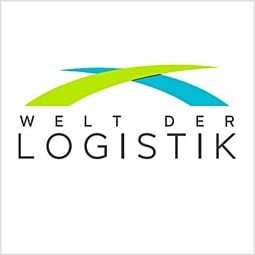Thailand's Decreasing Logistic Costs
Thailand's logistics sector potentially generates about 300 billion baht added value to the economy annually, and the country has been witnessing a decline of share of logistic costs to GDP over the last few years.
Domestically, Thailand still relies heavily on land transport (accounting for 83% share) despite the increase in oil price which impacts transportation costs. Fuel subsidies are likely to be maintained over the near future as the government tried to contain inflationary pressures from soaring global oil prices in 2012. The government is now also working on improving its trade systems, such as an e-logistics system which is intended to cut logistics cost, reduce paperwork and the time spent on import and export..
The Impending Changes Brought by AEC 2015
The AEC which will come into realization in 2015 will increase the demand for logistics services in Thailand. Goods and services will be more freely transferred, especially for border and transit trade which are expected to expand substantially. The distribution of raw materials, goods, and labor will also increase significantly - boosting the demand for logistics services throughout the supply chain.
The AEC is expected to bring various benefits for ASEAN's logistics industries in terms of legal aspects and others such as simplified and harmonized customs procedures, improved road network, reduced tariffs/free trade agreement.
As for the trade of goods, CLMV countries will provide more opportunities in the export market over the next period due to the tariffs reduction.
Discover more comprehensive insights about Thailand's Logistics Opportunities in the Coming of AEC; download the complete white paper.
|









